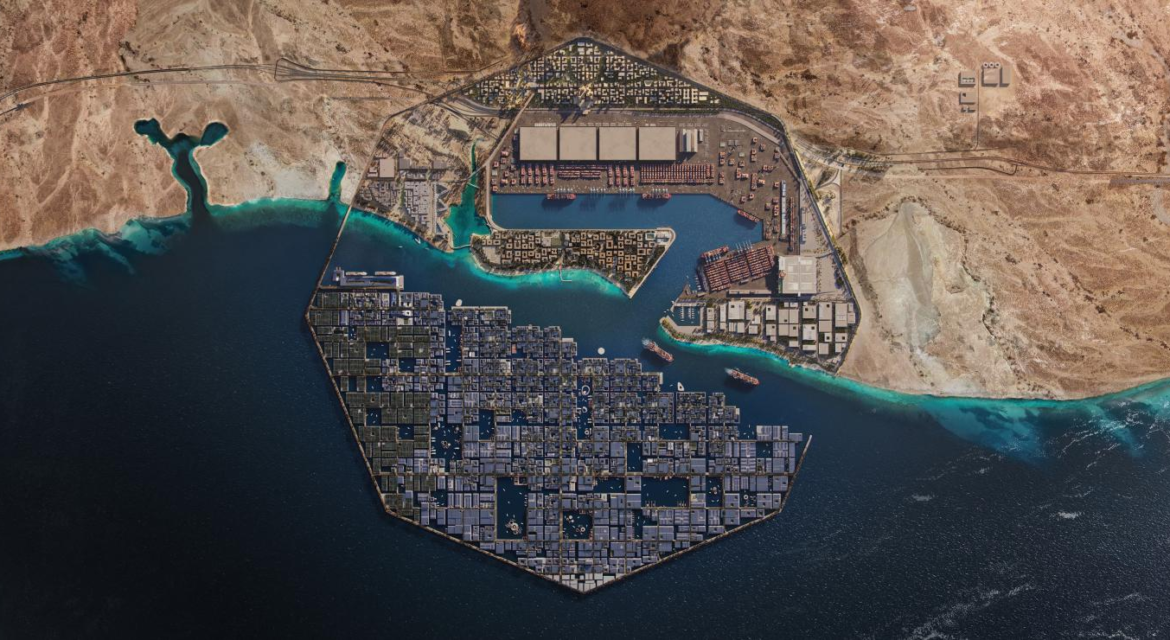Discover how Saudi Arabia is revolutionizing urban living with smart cities like Neom, integrating AI, 5G, and sustainable technologies to create futuristic urban environments.
Transforming Urban Living: The Rise of Smart Cities in Saudi Arabia
Saudi Arabia is at the forefront of a technological revolution in urban development, with ambitious projects like Neom leading the charge. These smart cities are not just about advanced infrastructure but also about creating sustainable, efficient, and livable urban environments. Let’s delve deeper into how smart cities are transforming urban living in Saudi Arabia.
The Vision Behind Smart Cities
Saudi Arabia’s Vision 2030 is a strategic framework aimed at reducing the country’s dependence on oil, diversifying its economy, and developing public service sectors. A key component of this vision is the development of smart cities, which leverage cutting-edge technologies to enhance the quality of life for residents.
Key Technologies Driving Smart Cities
- Artificial Intelligence (AI): AI is at the heart of smart city initiatives, enabling everything from traffic management to energy efficiency. AI-powered systems can analyze vast amounts of data to optimize city operations, predict maintenance needs, and improve public safety.
- 5G Connectivity: The deployment of 5G networks is crucial for smart cities, providing the high-speed, low-latency connectivity required for real-time data transmission. This connectivity supports a wide range of applications, from autonomous vehicles to smart grids.
- Internet of Things (IoT): IoT devices are integral to smart cities, connecting various systems and infrastructure. Sensors and connected devices collect data on everything from air quality to water usage, enabling more efficient resource management.
- Sustainable Technologies: Sustainability is a core focus of smart cities. Renewable energy sources, green building practices, and efficient waste management systems are all part of the smart city blueprint. These technologies help reduce the environmental impact of urban living.
Neom: A Glimpse into the Future
Neom is perhaps the most ambitious smart city project in Saudi Arabia. Located in the northwest of the country, Neom is envisioned as a hub for innovation and sustainability. The city will feature:
- The Line: A linear city designed to have no cars, streets, or carbon emissions. It will be powered entirely by renewable energy and will prioritize walkability and public transportation.
- Oxagon: An octagon-shaped industrial city that will be a center for advanced manufacturing and innovation.
- Trojena: A mountain destination that will offer outdoor activities and luxury living, all while maintaining a focus on sustainability.
Benefits of Smart Cities
- Enhanced Quality of Life: Smart cities aim to improve the quality of life for residents through better services, reduced pollution, and increased safety. Smart healthcare systems, efficient public transportation, and green spaces contribute to a healthier, more enjoyable urban experience.
- Economic Growth: By attracting investment and fostering innovation, smart cities can drive economic growth. They create new job opportunities and support the development of high-tech industries.
- Environmental Sustainability: Smart cities are designed with sustainability in mind. By reducing energy consumption, minimizing waste, and promoting the use of renewable resources, they help mitigate the environmental impact of urbanization.
Challenges and Considerations
While the potential benefits of smart cities are immense, there are also challenges to consider. These include:
- Data Privacy and Security: With the increased use of data comes the need for robust cybersecurity measures to protect residents’ privacy.
- Infrastructure Costs: Building smart cities requires significant investment in infrastructure and technology.
- Social Inclusion: Ensuring all residents benefit from smart city initiatives is crucial to avoid widening social inequalities.
Conclusion
Saudi Arabia’s smart city projects represent a bold step towards a more sustainable, efficient, and livable future. By integrating advanced technologies and prioritizing sustainability, these cities are set to transform urban living in the Kingdom. As these projects continue to develop, they will serve as models for urban innovation worldwide.

